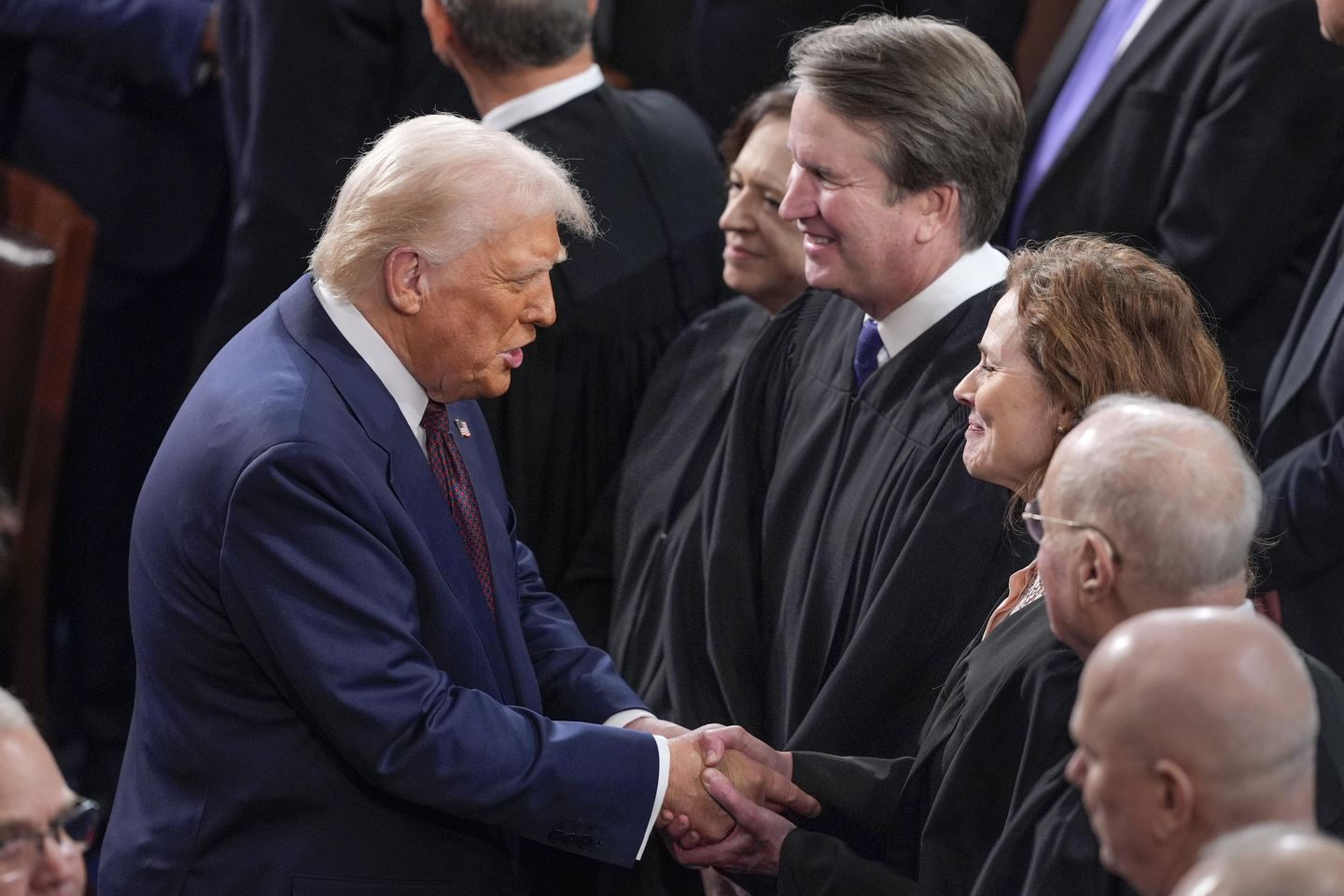
Don’t miss the full story from our staff writers, whose reportage is the basis of this article.
President Trump has expressed frustration with the Supreme Court after it temporarily blocked his administration from using the Alien Enemies Act (AEA) to expedite deportations of Venezuelan immigrants allegedly linked to the Tren de Aragua gang. The court ruled that the administration’s approach violated due process rights by giving immigrants only 24 hours’ notice before deportation without adequate information about how to contest their removal.
In an unsigned opinion, the justices determined that while deportations could continue under regular immigration law, the administration could not use the AEA until courts establish appropriate due process requirements. The court indicated it has not yet ruled on whether President Trump’s invocation of the AEA is proper, suggesting possible further restrictions in future rulings.
Mr. Trump responded with a social media campaign over the weekend, sharing posts from Mike Davis, a former Supreme Court clerk, who criticized the decision. Mr. Davis argued there was a double standard in how different administrations could handle immigration and national security matters. Mr. Trump amplified these messages, writing “The Supreme Court must come to the rescue of America.”
Justices Samuel Alito and Clarence Thomas dissented, questioning the court’s jurisdiction and arguing that due process requirements should be flexible based on circumstances.
The controversy stems from deportation flights in March that sent over 200 Venezuelans to El Salvador. The administration claimed these individuals were members of Tren de Aragua, which it has designated as a foreign terrorist organization. However, lawyers representing the Venezuelans dispute these claims, stating some deportees actually fled Venezuela to escape the gang.
A related case involves Kilmar Abrego Garcia, a Salvadoran allegedly associated with MS-13, who was deported in March. U.S. District Judge Paula Xinis criticized the administration for apparent unwillingness to comply with court orders to return him to the United States, noting contradictions between government lawyers’ statements and public remarks from Mr. Trump and Homeland Security Secretary Kristi Noem indicating he would not be allowed to return.
Read more: Trump unleashes on justices after Supreme Court blocks Tren de Aragua deportations
This article is written with the assistance of generative artificial intelligence based solely on Washington Times original reporting and wire services. For more information, please read our AI policy or contact Ann Wog, Managing Editor for Digital, at awog@washingtontimes.com
The Washington Times AI Ethics Newsroom Committee can be reached at aispotlight@washingtontimes.com.












